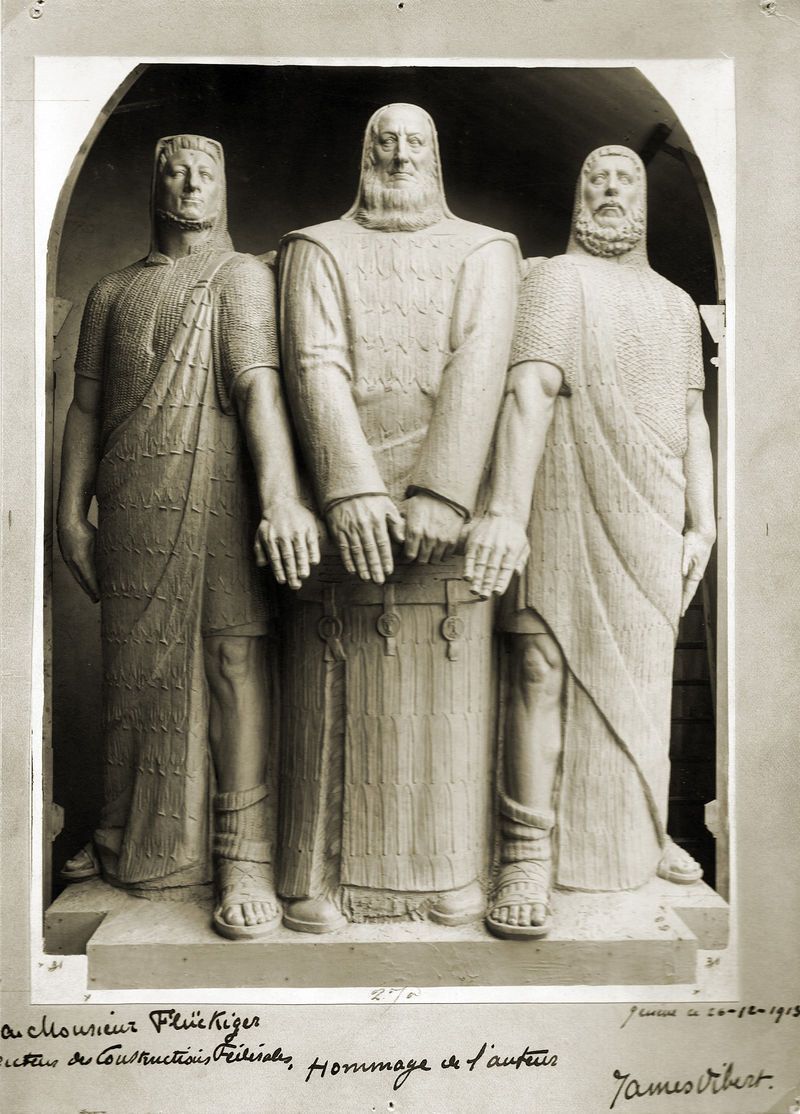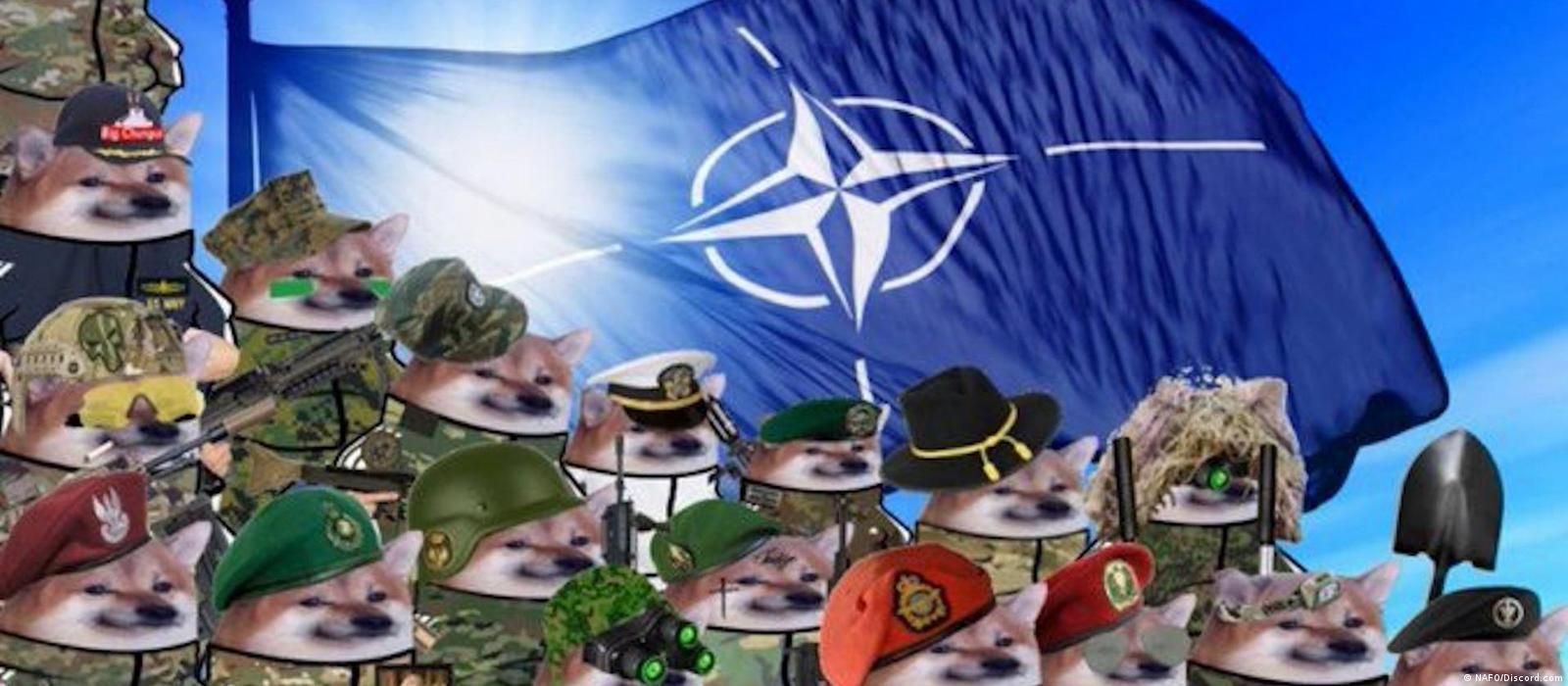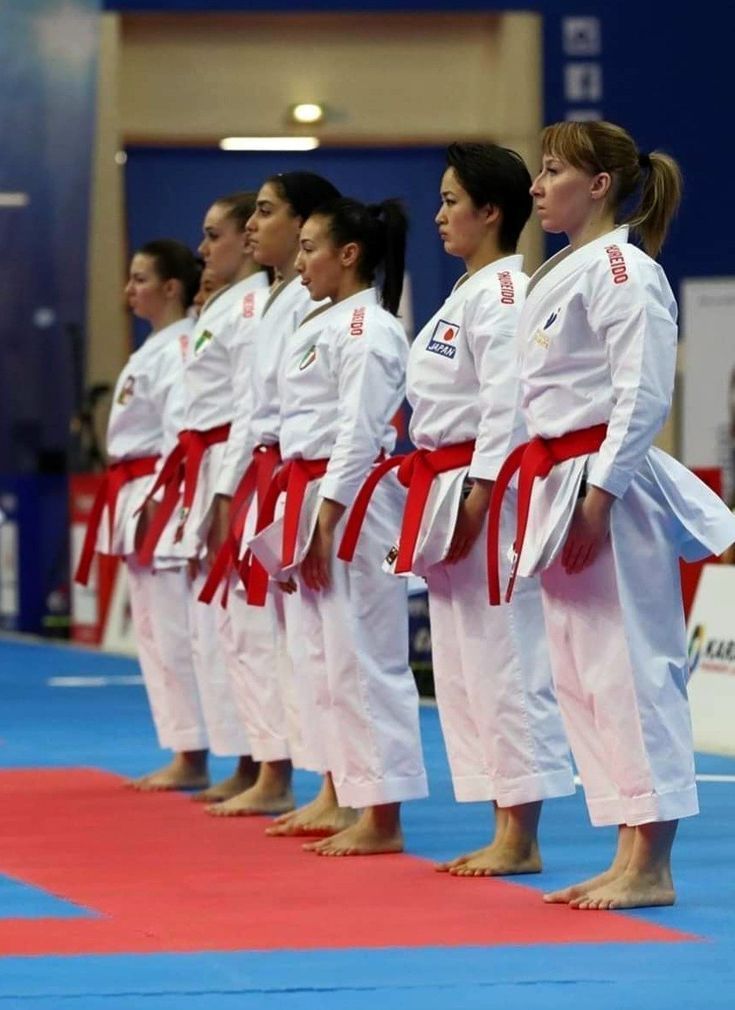A Confederacy of Values
This is not a new concept. In fact, it is the only one that ever worked.

In the quest for social cohesion and identity, societies often gravitate towards shared values and principles. This phenomenon manifests vividly in entities like the Swiss Confederation or the fictional culture of the Mandalorians from the "Star Wars" universe. These groups, though disparate in nature—one grounded in reality and the other in fiction—exemplify confederacies of values, where decentralized units bond over a common ethos. This blog post explores the philosophical and sociological underpinnings of such confederacies and theorizes the creation of a modern variant grounded in the seven virtues of Bushido: Justice, Courage, Mercy, Politeness, Honesty, Honor, and Loyalty.
Confederacies of Values: A Philosophical Overview
At their core, confederacies of values like the Swiss Confederation embody a commitment to autonomy and mutual respect. Switzerland's cantonal system, where each canton maintains its distinct legal personality and autonomy while subscribing to a collective national identity, mirrors the philosophical ideal of unity in diversity. This reflects a societal structure that values both individual and communal well-being—a balance between the self and the collective that is deeply philosophical, touching on concepts of federalism, democracy, and pluralism.
Similarly, the Mandalorians, despite their fictional origins, represent a cultural confederacy bound by a strict code of honor and warfare. Their creed emphasizes strength, resilience, and community, transcending individual backgrounds to forge a collective identity. Here lies a sociological interest: the way an overarching set of values can unify disparate individuals into a coherent whole, promoting societal stability and continuity.

The Seven Virtues of Bushido: A Modern Interpretation
The seven virtues of Bushido, historically tied to the samurai code of conduct, offer a comprehensive framework that could underpin a modern confederacy of values. Here’s how each virtue could translate into the fabric of a contemporary societal structure:
Justice (義, Gi): At the heart of a new confederacy, justice would serve as the moral compass guiding collective and individual actions. A society built on this virtue would prioritize fairness, equality, and impartiality, creating a legal and social system where all members feel respected and valued.
Politeness (礼, Rei): More than mere etiquette, this virtue embodies respect for others. A society championing politeness would cultivate an atmosphere of mutual respect, reducing conflict and promoting harmonious relationships.
Courage (勇, Yu): Courage, in this context, transcends physical bravery to include moral courage—the willingness to stand up for what is right, even when it is unpopular or dangerous. A modern society embracing this virtue would foster a culture of accountability and integrity.
Honor (名誉, Meiyo): This virtue entails a sense of personal duty and ethical conduct. A confederacy built on honor would see its members striving for excellence and integrity, not for personal gain, but for the collective good.
Mercy (仁, Jin): Compassion and empathy towards others would mitigate the harshness of strict justice. Mercy in a modern confederacy would mean policies and cultural norms that support the vulnerable and promote rehabilitation over punishment.
Honesty (誠, Makoto): Truthfulness and sincerity would form the cornerstone of communication and transactions within the society, building trust and reducing corruption.
Loyalty (忠義, Chugi): Finally, loyalty would bind the individual to the society and its values. This would encourage a deep sense of belonging and commitment among members, ensuring the confederacy’s longevity and coherence.

The Rütli Oath is the legendary oath taken at the foundation of the Old Swiss Confederacy (traditionally dated to 1307) by the representatives of the three founding cantons, Uri, Schwyz and Unterwalden:
Rütli Oath of the Old Swiss Confederacy
We want to be a single People of brethren,
Never to part in danger nor distress.
We want to be free, as our fathers were,
And rather die than live in slavery.
We want to trust in the one highest God
And never be afraid of human power.
Crafting a Confederacy of Values
Creating a modern confederacy based on the seven virtues of Bushido would require a foundational agreement on these principles, translated into legal frameworks, educational curricula, and cultural narratives. It would mean fostering environments where these virtues are not only taught but also celebrated and rewarded. This could involve a decentralized model like Switzerland's, allowing for local adaptations while maintaining a unified national vision, or a more culturally cohesive approach like the Mandalorians, emphasizing shared rituals and narratives.
The sociological challenge lies in balancing individual freedoms with communal responsibilities, navigating the complexities of modern identities and global influences. Philosophically, it calls for a reevaluation of values and success, shifting from materialistic to ethical measures.
In essence, constructing a modern confederacy of values inspired by Bushido would be an ambitious endeavor. It demands collective will, visionary leadership, and a commitment to long-term cultural evolution. Yet, if successful, it could offer a model for a society that is not only resilient and cohesive but also just, courageous, and compassionate—a beacon of collective human potential.














